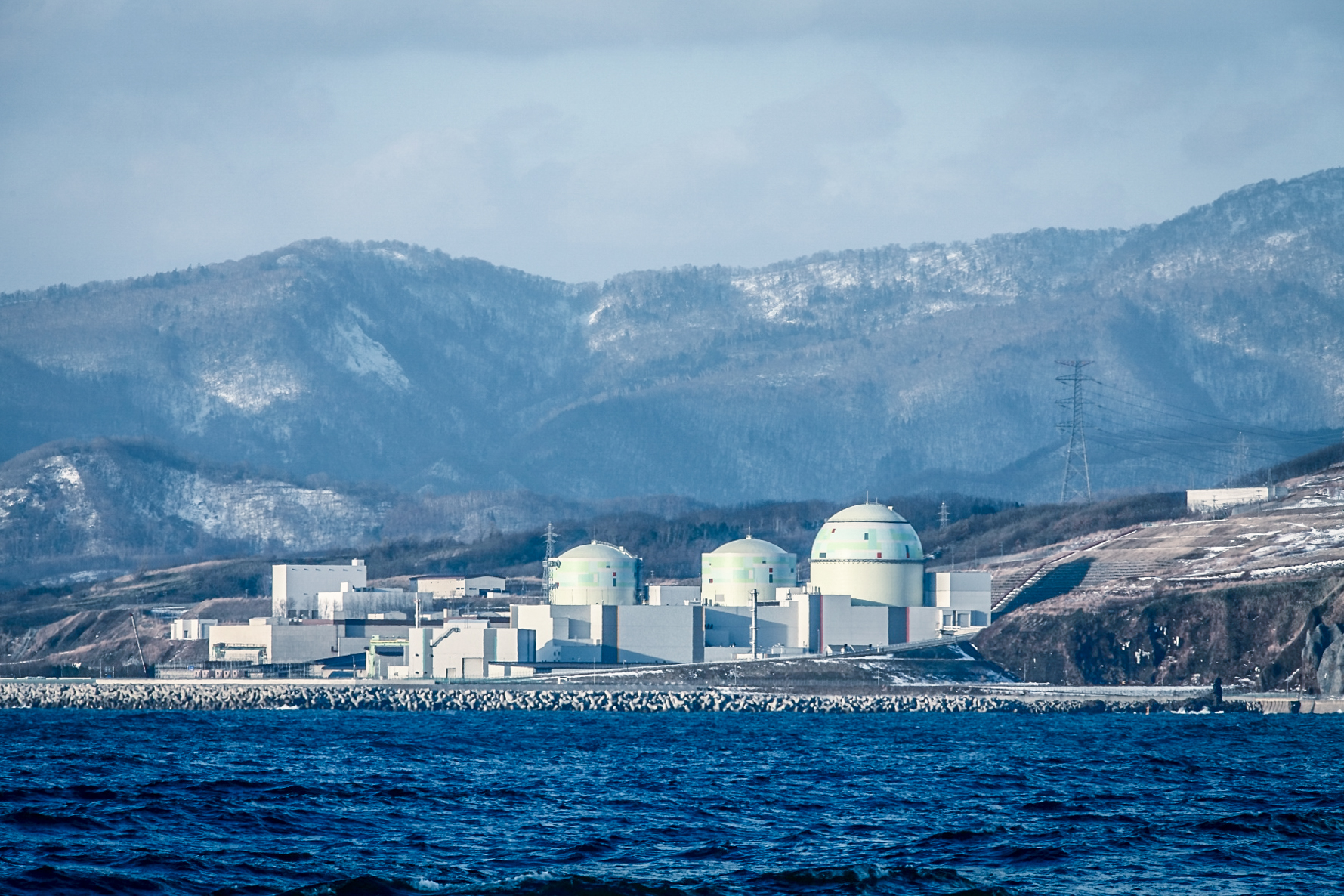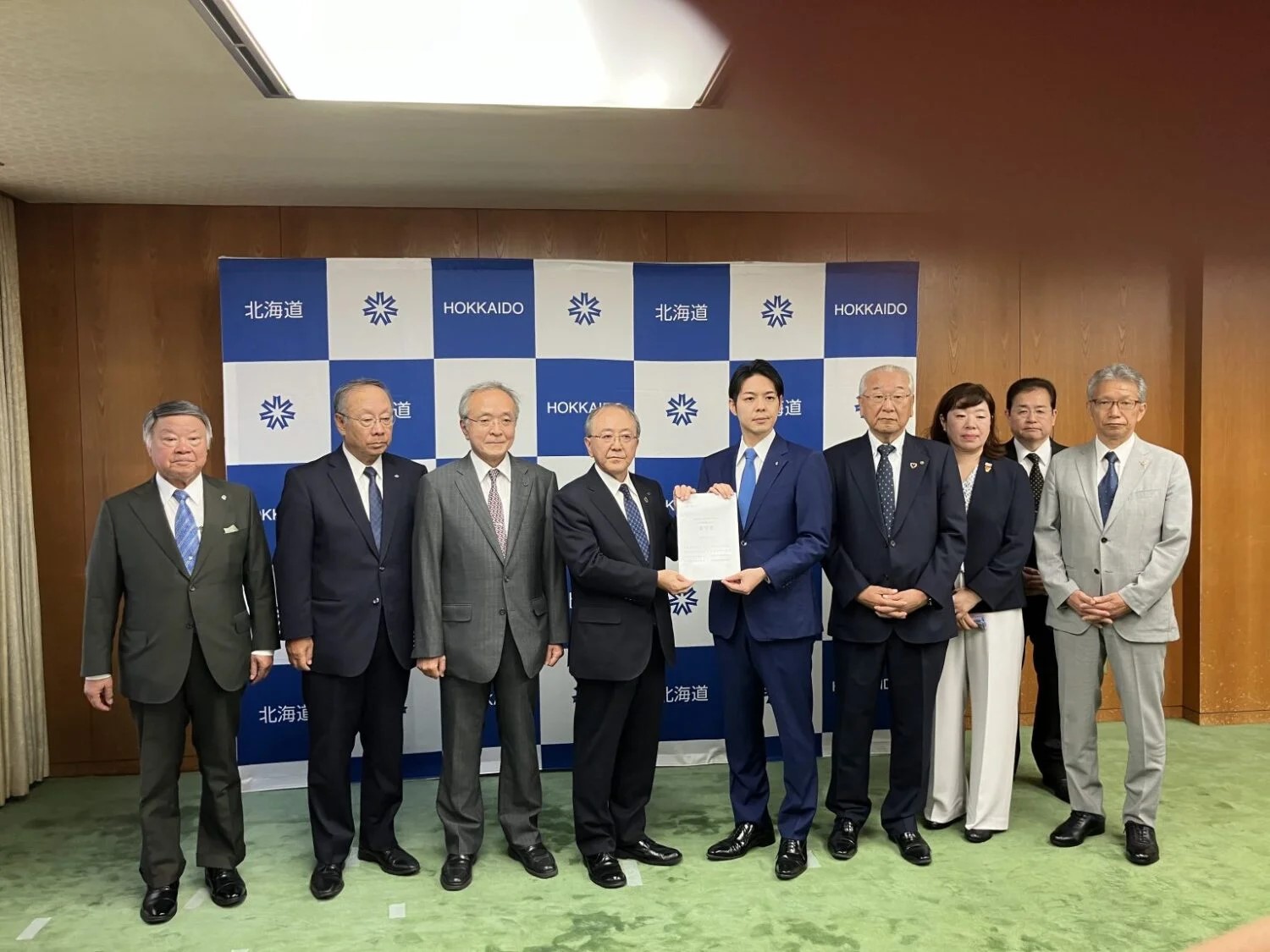The WNU is an international education and training partnership created in 2003 primarily by the World Nuclear Association (WNA), the International Atomic Energy Agency (IAEA), the Organization for Economic Cooperation and Development’s Nuclear Energy Agency (OECD/NEA), and the World Association of Nuclear Operators (WANO). The WNU-SI has been held every year at various locations around the world since 2005, when the first took place in the United States, though it was interrupted for two years due to the covid pandemic. The 16 WNU-SI assemblies prior to this one trained 1,270 people from 90 countries.
The Japan Atomic Industrial Forum (JAIF), which formed the preparatory committee for this year’s program, had been endeavoring for some years to bring the WNU-SI to Japan under the framework of the Japan Nuclear Human Resource Development Network (JN-HRD Net), which comprises industry, government, and academia.
This year’s WNU-SI, the first in Japan, started with lectures and workshops at the main site, a hotel in Osaka, after which there were technical tours to Fukushima and Fukui Prefectures. There were about 70 participants from 30 countries and regions, most of whom were around 30 years old―young future leaders with meaningful work experience. Current leaders and retired specialists in the field of nuclear energy or from international organizations served as instructors.
At the opening ceremony on June 26, JAIF President ARAI Shiro gave a special presentation on the current state of Japan’s nuclear power, including decommissioning at the Fukushima Daiichi Nuclear Power Plants (NPPs), progress in restarting NPPs, and the nation’s Strategic Energy Plan. He also addressed global issues, including energy pressures due to the Ukraine situation and the increasing urgency of global warming measures.
He went on to stress the value of nuclear energy as represented by its 3E’s: energy security, environment, and economic efficiency. He identified several actions that Japan needed to take to realize that value: (1) the early restart of the country’s NPPs, (2) the extension of NPP operating lifetimes, (3) the construction of new and replacement NPPs, (4) the promotion of back-end solutions, and (5) R&D.
To carry those actions out steadily, he said that the keys would be (1) foreseeability, (2) monozukuri (literally “making things”) manufacturing technology infrastructure and supply chains, (3) opportunities to review nuclear power overseas, and (4) communication with younger people.
In the first four weeks of the training program (June 25 to July 21), WNU-SI participants attended lectures and took part in workshops on leadership and the international community, and listened to explanations about nuclear power and the ensuring of safety, innovation, long-term operation, and the nuclear fuel cycle.
They then traveled to the Fukushima Daiichi and Daini in Fukushima Prefecture and the Ohi NPPs in Fukui Prefecture. Part of the last week (July 24-27) featured lectures and workshops on decommissioning. On July 28, the final day, various groups presented reports, followed by a graduation ceremony officially concluding the WNU-SI.
JAIF has supported and continues to support participation by Japanese students through the Professor MUKAIBO Takashi Memorial Project on Human Resource Development. Seven Japanese trainees took part in this year’s WNU-SI, with pre-training and subsidies for participation fees.
At a regular press conference on June 23, JAIF President Arai said that he expected the participants would return to their organizations and be active internationally, and that the fruits of their training and networking would be “returned” to the nuclear industry in the next decade or two.
WNU-SI is not just a place to “learn things,” but also a place where participants are expected, through small group discussions, presentations, and the like, to develop leadership skills and abilities to resolve nuclear-related issues, as well as form networks among themselves and those of their generation.
JAIF, as it has done every year, will hold a follow-up meeting later for the Japanese participants, to report on the event. At a past meeting, an employee from an electric power company commented, “I had not experienced this kind of group work―strategic games fostering leadership and stress-resistance―in my company training before, and I am sure the experience will help me in my work.” Also, a manufacturing employee once made this remark: “Exchange activities with participants from other countries will continue after this training. That human network is now one of my assets.”


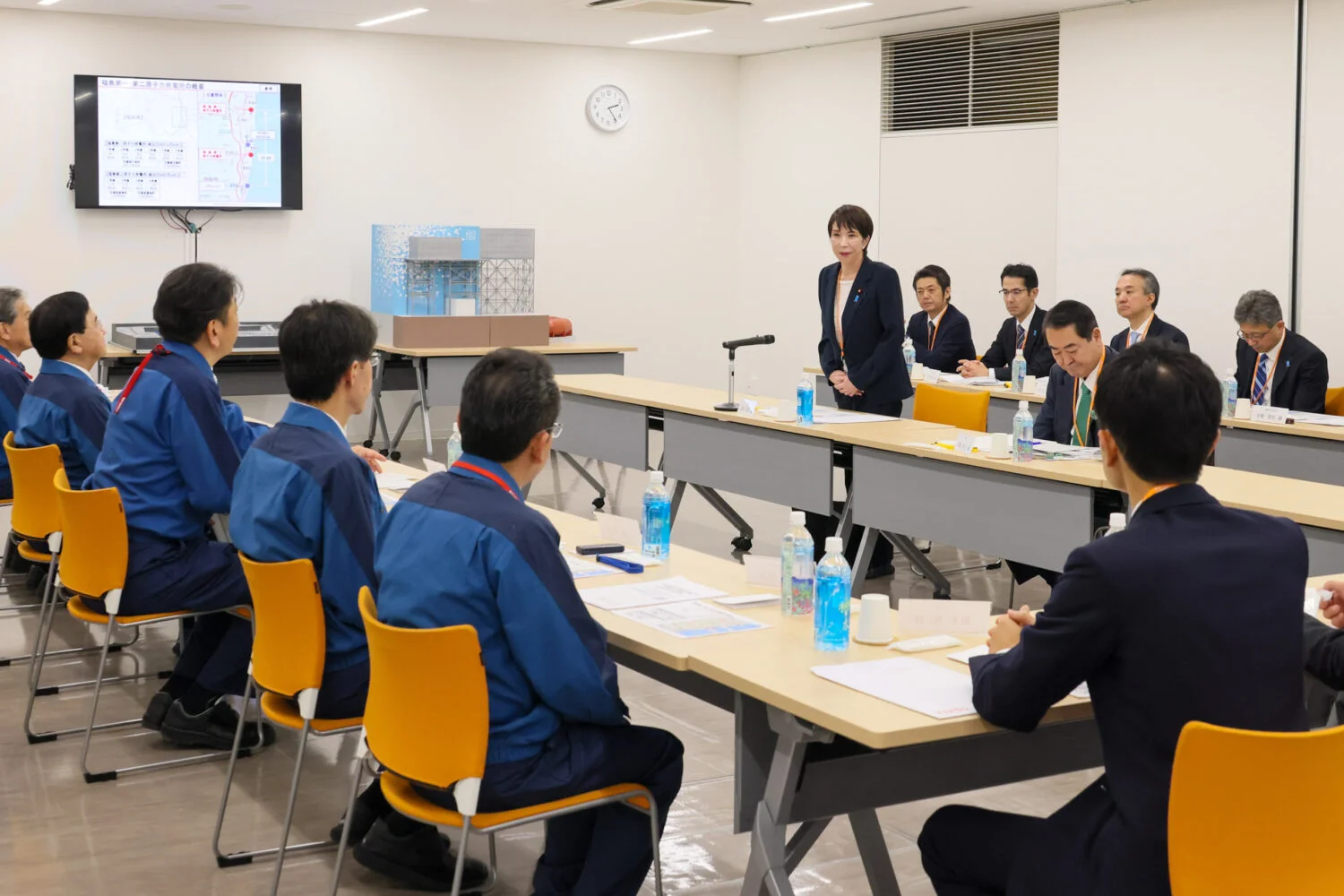


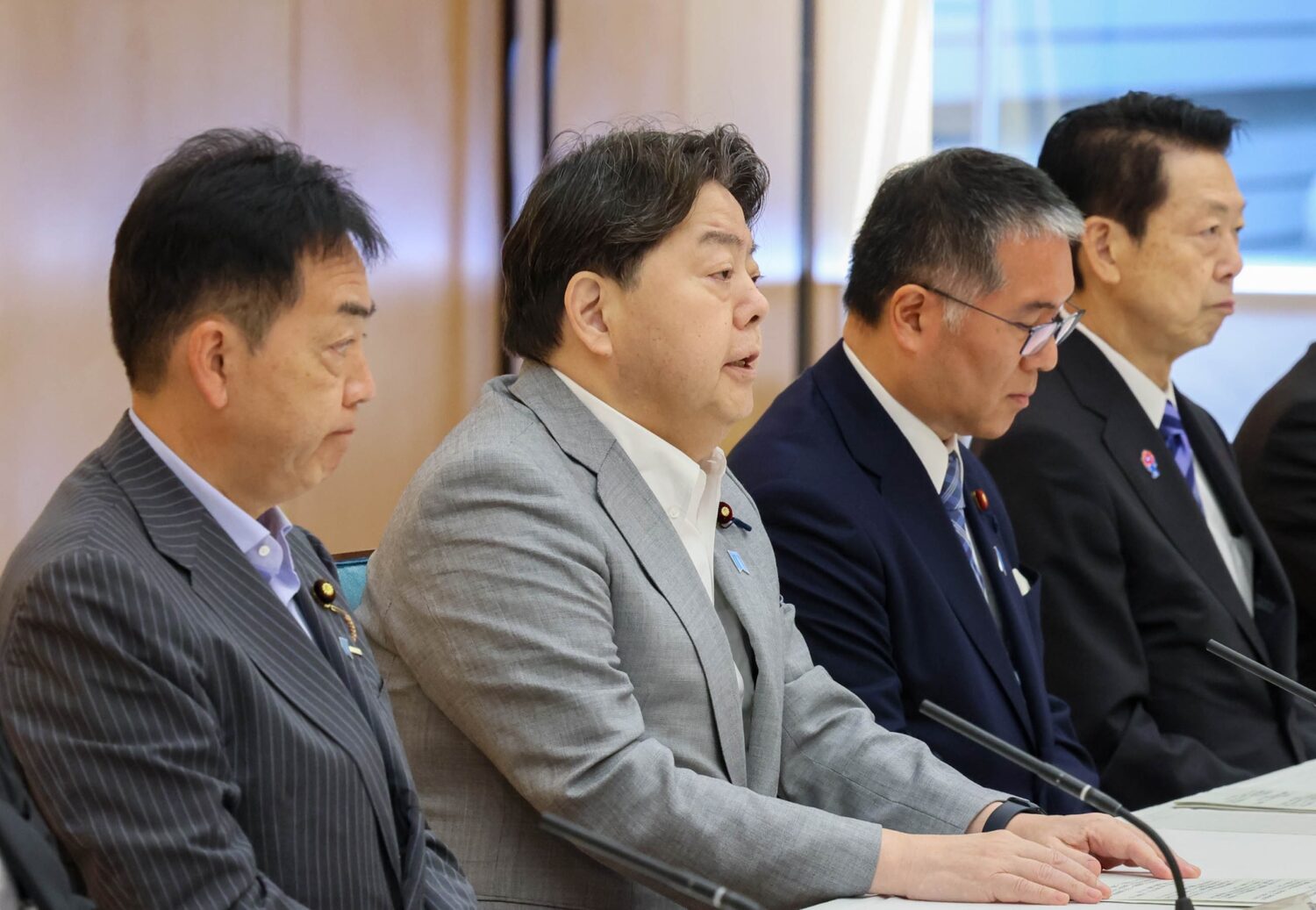
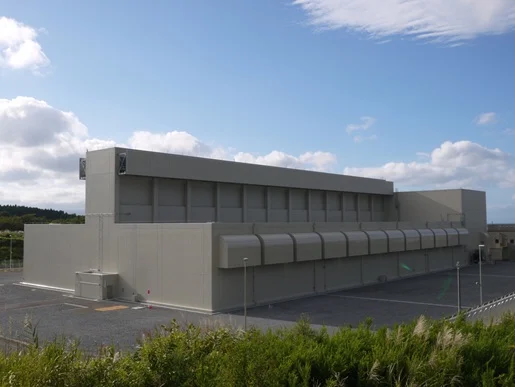

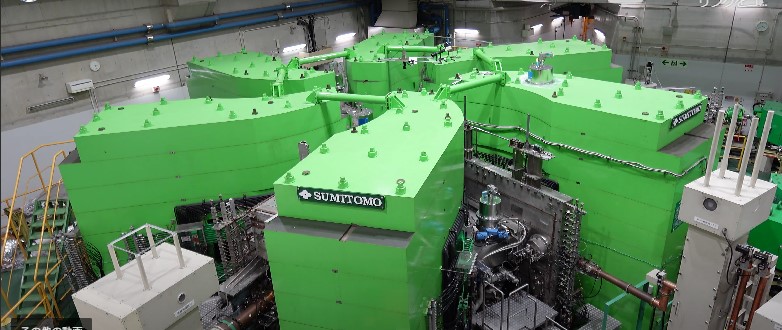



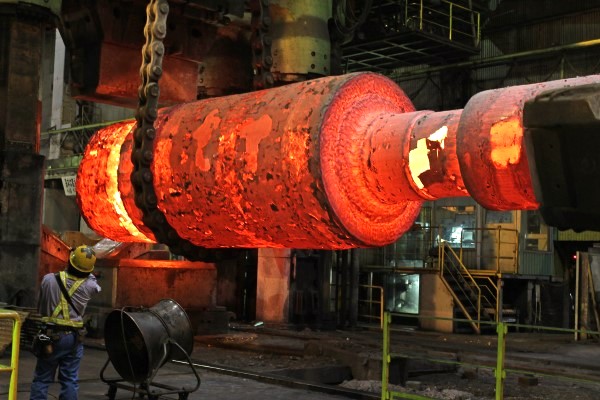








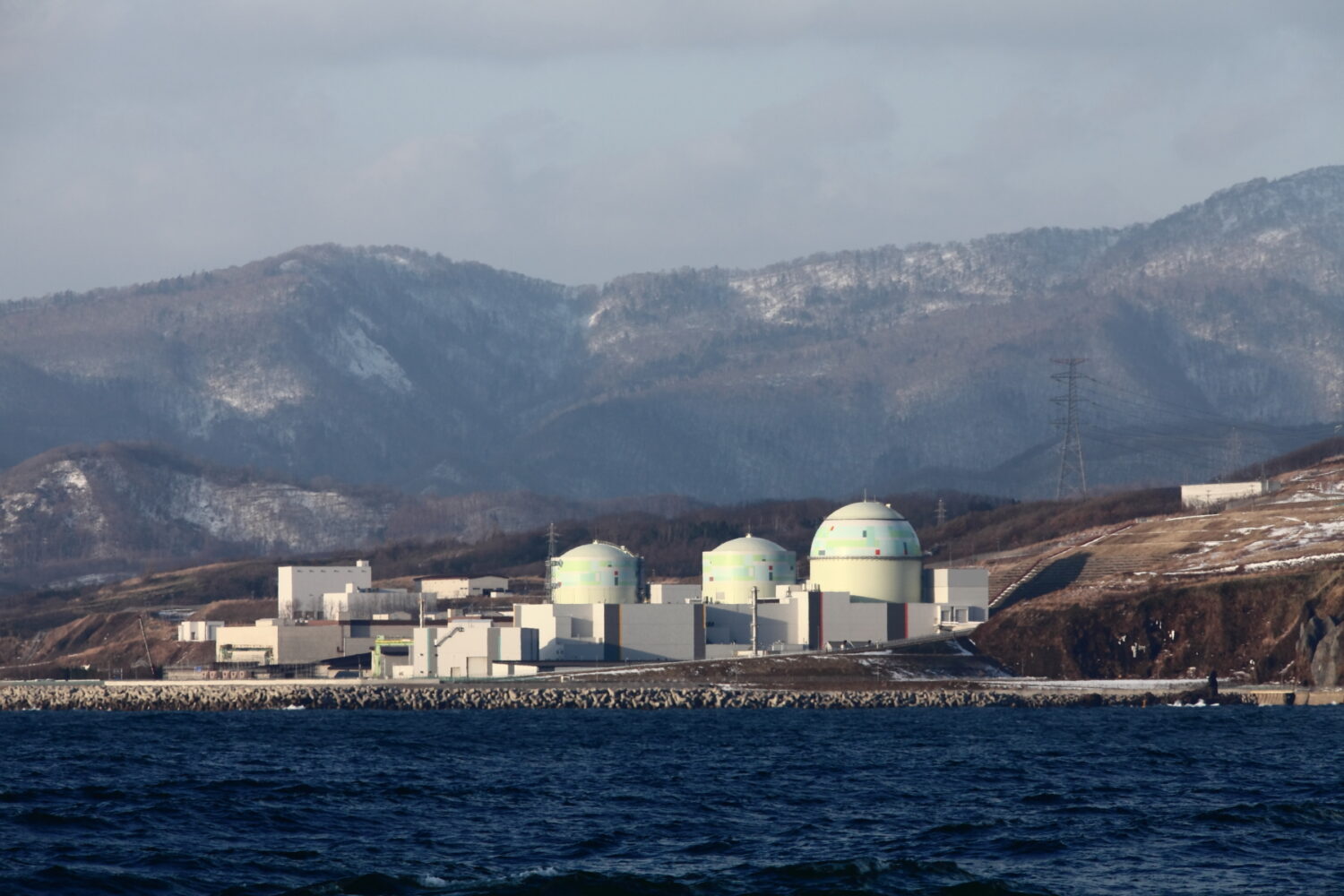
-049.jpg)
.jpg)

